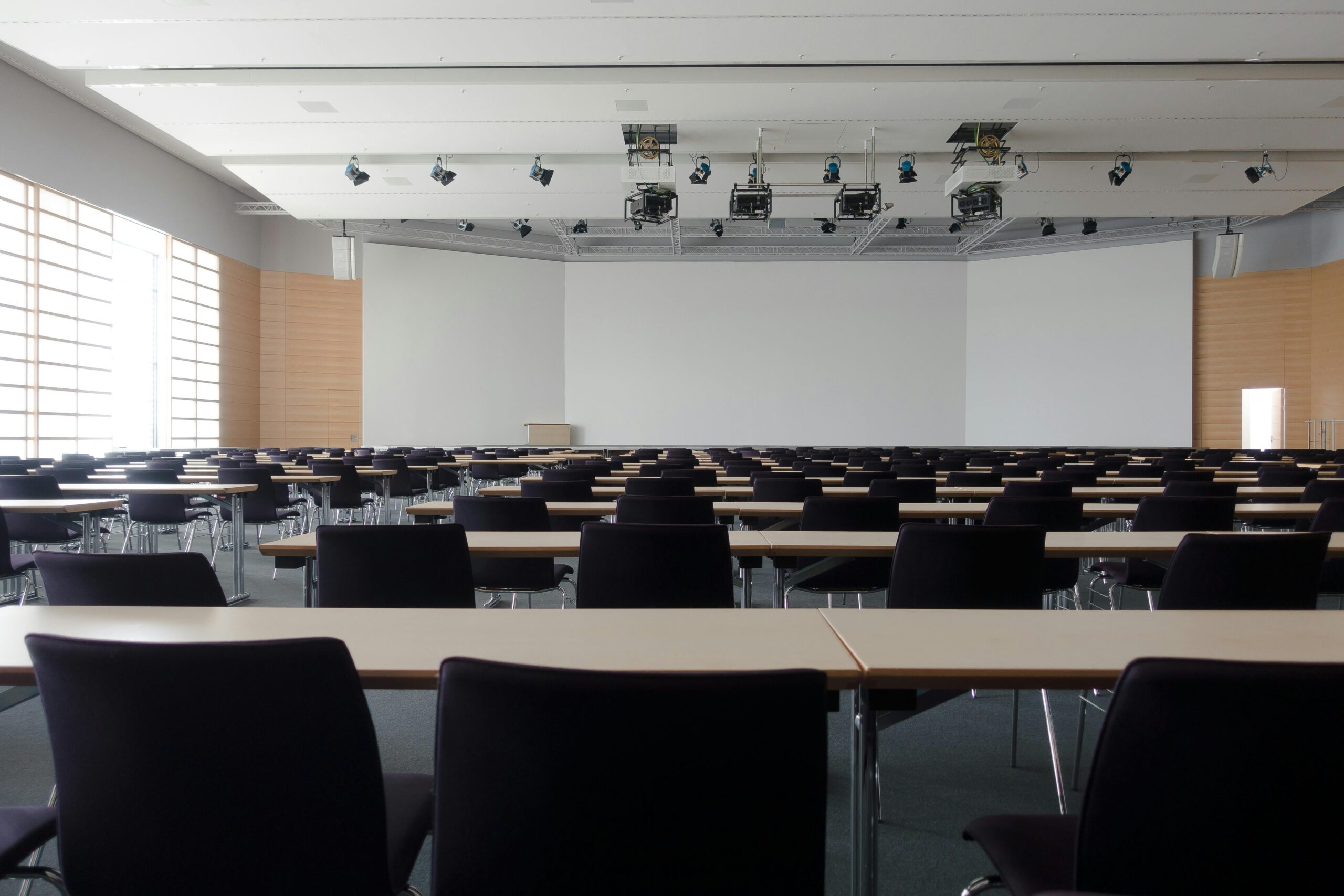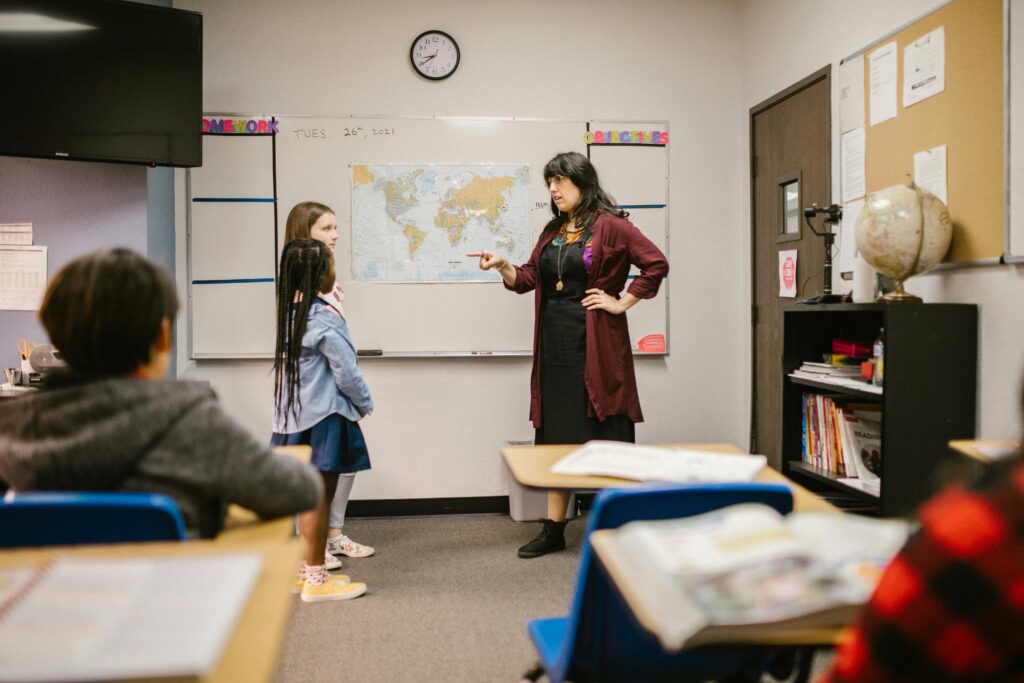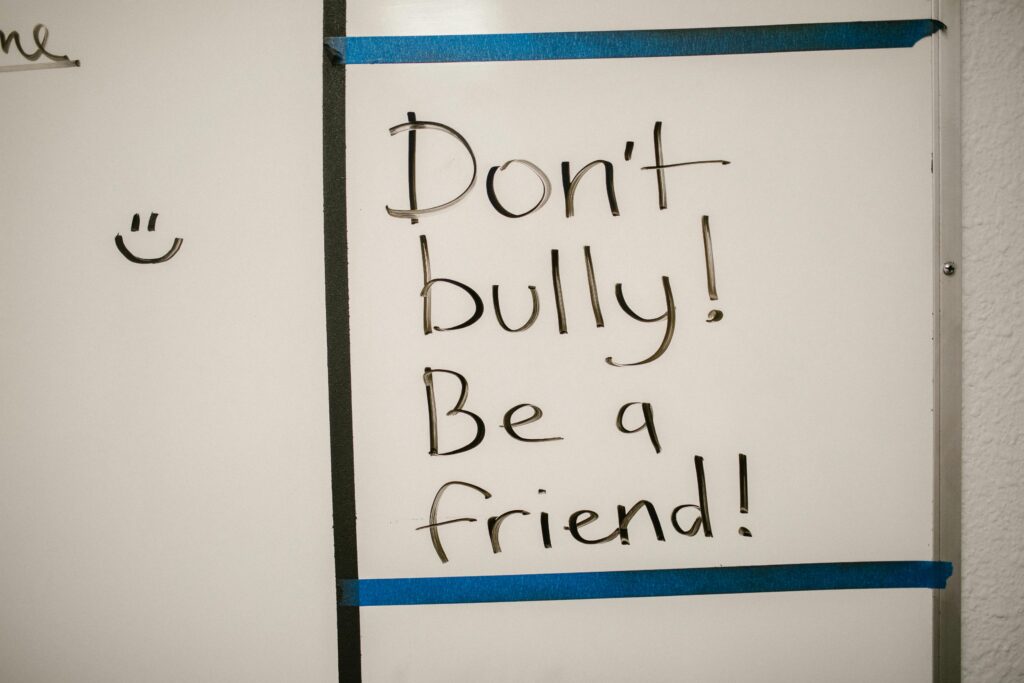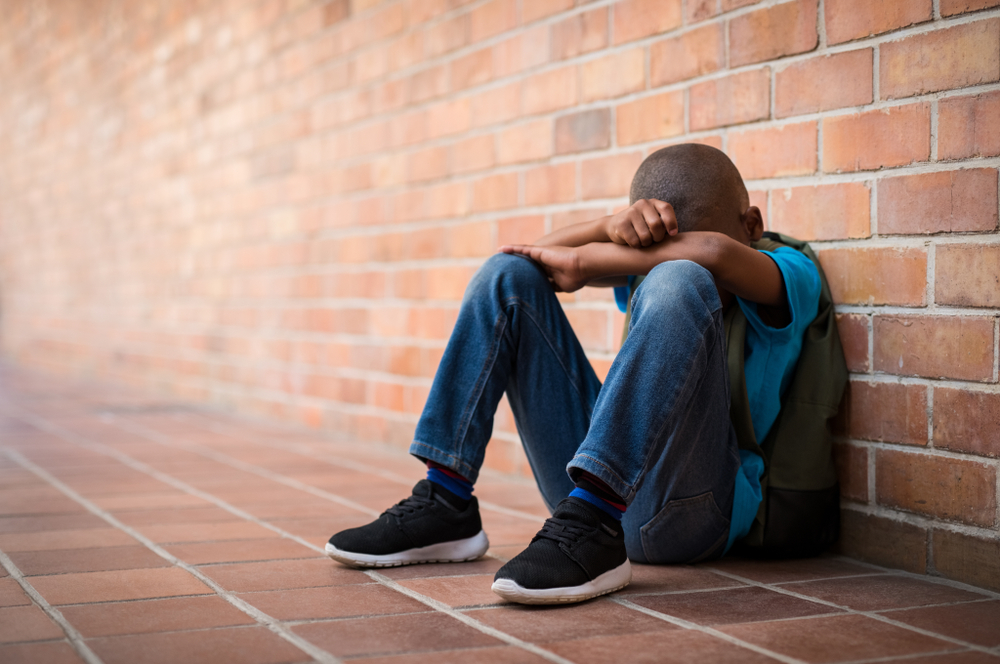South Korea’s Education Revolution Puts Morality Before Achievement

In a country where grades have long defined destiny, a quiet revolution is unfolding. For the first time in South Korea’s modern history, academic brilliance alone is no longer enough to open the doors to its most prestigious universities. Seoul National University, Korea University, and others are now rejecting top-performing students not because they failed their exams, but because they failed at humanity.
This decision to turn away applicants with records of school violence marks a moral turning point for a nation that has often been described as both an education powerhouse and a pressure cooker. It signals a profound change in how South Korea measures success, shifting from pure academic achievement to the inclusion of empathy, accountability, and character.
A Landmark Shift in South Korean Education
For decades, South Korea’s education system has been fiercely competitive. Students study up to 18 hours a day, cycling between school, private academies known as hagwons, and late-night self-study sessions. Parents spend fortunes to secure the best tutoring. Getting into top universities like Seoul National or Yonsei has been seen as the only ticket to a stable career and social respect.
But in 2025, this obsession with grades met an unexpected counterforce. According to data released by lawmaker Kang Kyung-sook, six of South Korea’s ten flagship national universities rejected forty-five applicants with bullying histories. Among them were students who had nearly perfect academic records. Kyungpook National University led the charge, denying twenty-two students admission under a new point-based system that deducts up to 150 points for severe disciplinary records. Even a deduction of ten points could cost a student their place in a fiercely competitive admissions race.
This change represents more than a technical adjustment in policy. It is a deliberate message to students, parents, and society: moral conduct now matters as much as test scores.
From Silence to Accountability

Until recently, bullying in South Korea was often treated as a private matter. Schools preferred to settle issues quietly, urging victims to forgive and offenders to apologize. Teachers feared the backlash from influential parents, and the victims often faced pressure to move schools or stay silent.
The cultural tide began to shift after a devastating tragedy in 2012 when a middle school student in Daegu took his own life following relentless bullying. The incident ignited national outrage and forced the government to strengthen laws around reporting and punishment. Since then, bullying has evolved from a shameful secret to a front-page issue.
By 2025, that reckoning had matured into systemic reform. The new policies mean that universities must now consider an applicant’s record of school violence as part of their admissions process. Starting in 2026, all universities will be legally required to do so. For institutions that train teachers, doctors, and public officials, even a minor offense can now mean automatic disqualification.
A spokesperson from Kyungpook National University summarized the philosophy: “School violence is a breach of social trust. Universities have a duty to uphold values that go beyond academic ability.”
The Rising Tide of School Violence

This shift comes amid a troubling increase in reports of bullying and cyberbullying in South Korean schools. The Ministry of Education’s 2025 survey found that 2.5 percent of students reported experiencing school violence in the first half of the year, the highest figure since 2013. Elementary school students were the most affected, with a worrying 5 percent reporting abuse.
Verbal harassment remains the most common form, followed by group bullying and physical assaults. Cyberbullying, however, has surged, accounting for nearly eight percent of cases. Social media platforms and online gaming environments have become new battlegrounds where cruelty often hides behind anonymity.
Equally concerning is the rise in sexual harassment among students, with reports reaching record levels. In one six-month period, over four hundred teenagers were arrested for deepfake-related sexual crimes. The combination of digital access, social pressure, and competition has created an environment where violence and humiliation can spread rapidly beyond classrooms.
Despite the numbers, many students still choose not to report abuse. The ministry found that nearly eight percent of victims stayed silent, fearing retaliation or believing that nothing would change.
How a Scandal Sparked Reform

The nationwide reckoning on bullying might never have reached this level without the 2023 scandal involving former prosecutor Chung Sun-sin. Appointed briefly as head of South Korea’s National Office of Investigation, Chung was forced to step down after it emerged that his son had bullied a classmate so severely that the victim transferred schools. Yet, despite disciplinary action, the son was admitted to Seoul National University with only a minimal deduction in his exam scores.
The public outcry was immediate and intense. Social media exploded with outrage. Parents demanded stricter rules, and victims of past bullying shared their stories online, some for the first time. The Ministry of Education responded by mandating that universities standardize their disciplinary deductions. No longer would elite students be able to coast past their records under the shield of privilege.
The scandal marked a watershed moment. For decades, South Korea’s education system had rewarded performance and pedigree above all else. The revelation that bullying could be brushed aside with a small penalty cracked that belief system wide open.
The Legal Backlash and the Role of Parents

Predictably, not everyone is accepting the new rules quietly. A growing number of students accused of bullying have begun hiring lawyers to challenge their disciplinary records. Wealthy parents have turned to law firms specializing in what is now called “school violence defense,” spending thousands to reduce penalties or erase records altogether.
This legal arms race has placed enormous pressure on teachers, who find themselves caught between justice and litigation. As one Seoul educator lamented, “We are no longer just teaching; we are negotiating law and morality at the same time.”
Critics worry that the reforms might lead to new forms of inequality, as wealthier families can afford better legal representation. Others argue that punishing students for mistakes made years earlier undermines the spirit of rehabilitation and education. Should a 14-year-old’s behavior determine their entire future?
Supporters counter that accountability cannot be optional. “Victims live with trauma for years,” said teacher Kim, a long-time advocate for anti-bullying reform. “It is only fair that bullies learn their actions have lasting consequences too.”
Pop Culture and the Rise of Moral Awareness

The social conversation around bullying has not evolved in isolation. Popular culture has played a crucial role in reshaping public sentiment. The 2022 Netflix drama “The Glory,” which depicted a woman’s revenge on her childhood bullies, struck a deep chord across the nation. Viewers saw reflections of real-world injustices, sparking renewed debate on how schools and society handle abuse.
Even the entertainment industry itself has become a proving ground for moral accountability. K-pop idols, actors, and athletes accused of school bullying have faced swift public backlash. Actor Ji Soo lost major roles after admitting to bullying. Singer Garam of the group Le Sserafim left her band following allegations of school violence. Volleyball twins Lee Jae-yeong and Lee Da-yeong were suspended from national competition over similar accusations.
The message is clear: South Korea is no longer willing to separate talent from character. What was once dismissed as “kids being kids” now carries social and professional consequences.
Beyond Punishment: A Cultural Reassessment

The move to prioritize moral records alongside academic scores represents a deeper philosophical shift. For decades, South Korean education has been defined by a zero-sum mentality: one student’s success often meant another’s failure. Children were taught to compete, not to collaborate. Now, for the first time, the conversation is turning toward empathy, fairness, and the collective good.
Officials at Korea University, which joined the reform wave in 2025, stated that students disciplined for expulsion or forced transfer due to bullying would face up to a twenty-point deduction in their entrance scores. In a system where a fraction of a point can decide admission, this effectively closes the door. President Kim Dong-won described it as a measure to align academic pursuit with moral integrity. “We seek students who embody leadership and compassion, not just intellectual excellence,” he said.
The decision has also reignited discussions about rehabilitation. How long should a bullying record last? Under current law, disciplinary records can remain active for two years after graduation. In cases of expulsion, they become permanent. Some reformers argue that this permanence can hinder personal growth and prevent true reform, while others insist that it reflects the long-term harm inflicted on victims.
The Human Cost Behind the Numbers
The transformation of South Korea’s education system cannot be understood without acknowledging the toll it has taken on young people. For years, studies have shown that South Korean teens rank among the least happy in the developed world. In international surveys, they consistently report some of the highest levels of academic stress and the lowest levels of life satisfaction.
Tragically, suicide remains the leading cause of death among South Korean adolescents. Many cite academic pressure and bullying as contributing factors. In some surveys, more than half of students who had considered suicide listed school performance and entrance exams as their primary reason.
Even as the nation celebrates its academic prowess, the cracks have become impossible to ignore. When children study until midnight, endure bullying in silence, and equate self-worth with grades, something fundamental is lost. The rejection of bullies by top universities may be one of the first real attempts to confront that loss.

Toward a New Definition of Success
The events of 2025 will likely be remembered as the year South Korea began redefining success. Rejecting forty-five students from top universities might seem statistically insignificant in a nation of fifty million, but the symbolism is enormous. It signals a cultural shift from the pursuit of prestige to the pursuit of principle.
By 2026, all universities will be required to include disciplinary records in admissions. Future students will grow up knowing that empathy and accountability can shape their destinies as much as intelligence. Parents, once obsessed with test scores, may begin to value kindness and responsibility in equal measure.
The reform is not perfect. It raises difficult questions about fairness, forgiveness, and the permanence of youthful mistakes. But it also invites South Korea to imagine an education system that produces not only scholars but also citizens.
A Lesson Beyond the Classroom
In the end, South Korea’s new admissions policy is about more than punishment. It is a statement of national conscience. It challenges the idea that brilliance can excuse cruelty, that ambition justifies harm, and that character is secondary to achievement.
As students prepare for the next round of entrance exams, they face a test no standardized score can measure: a test of empathy. The society that once measured success in grades is beginning to see that true excellence begins with respect. In that realization lies the hope for a gentler, wiser, and more human future for South Korea.
Loading...

